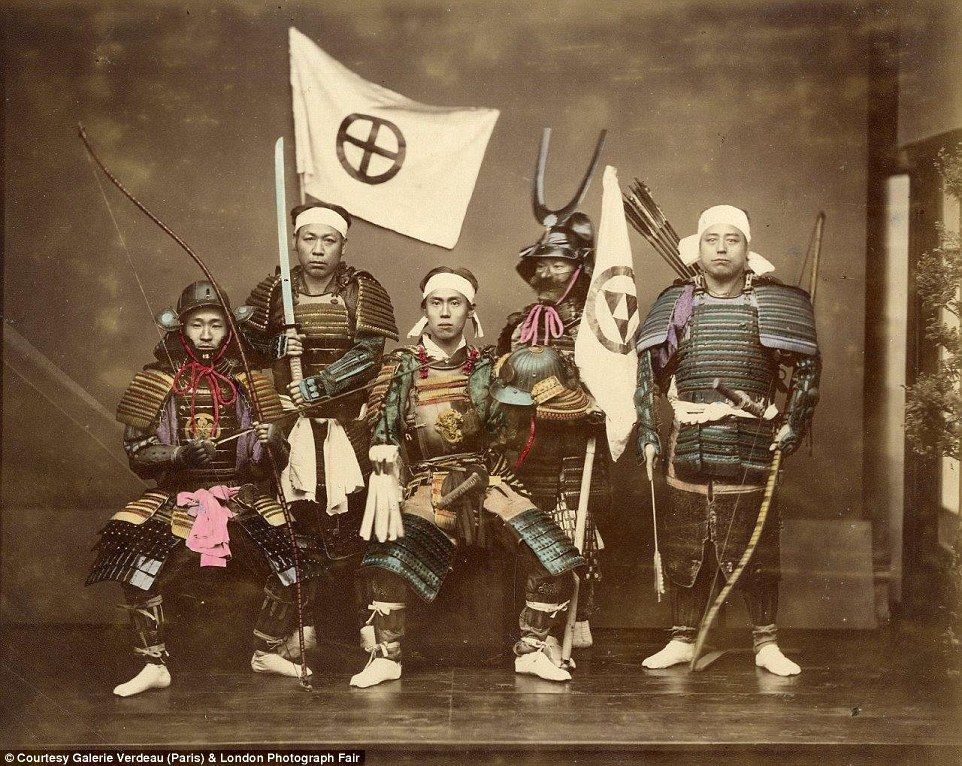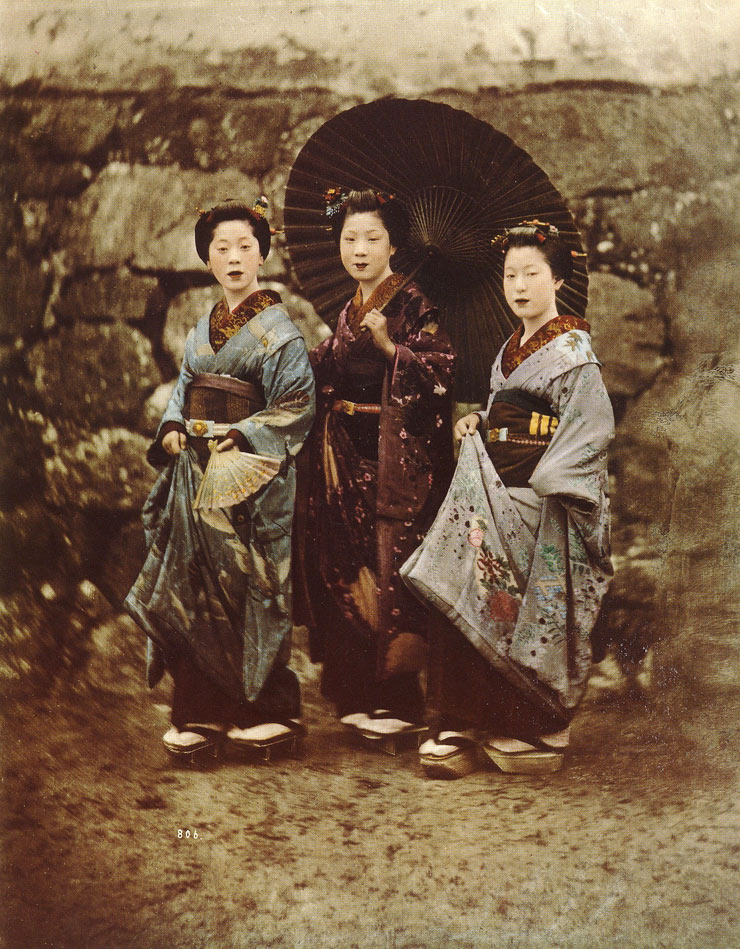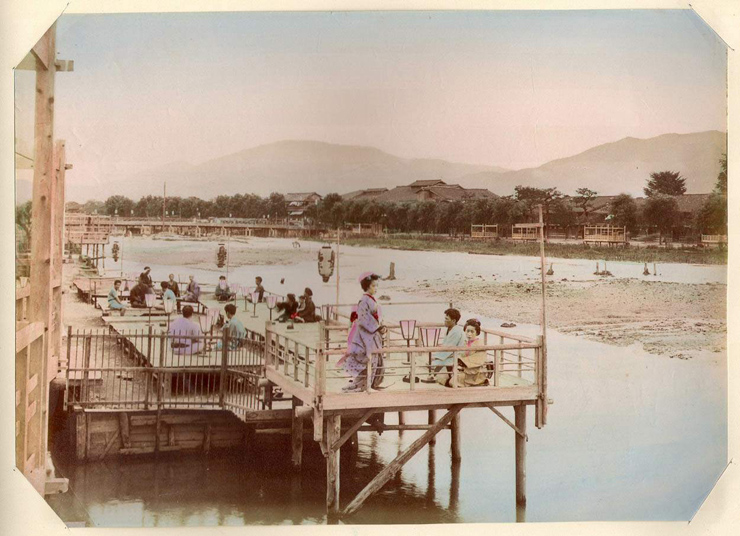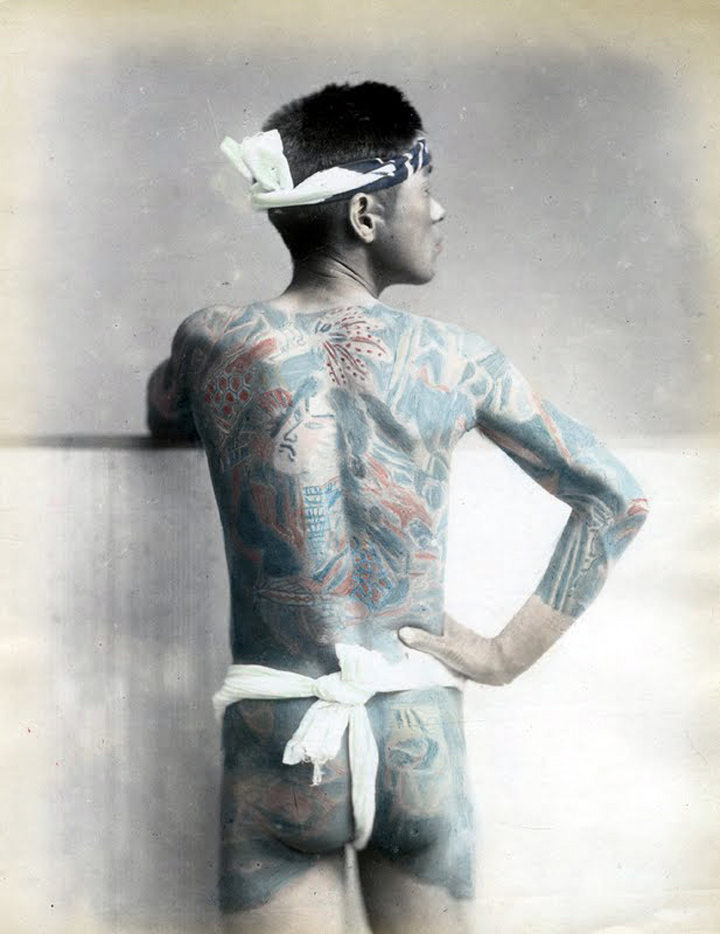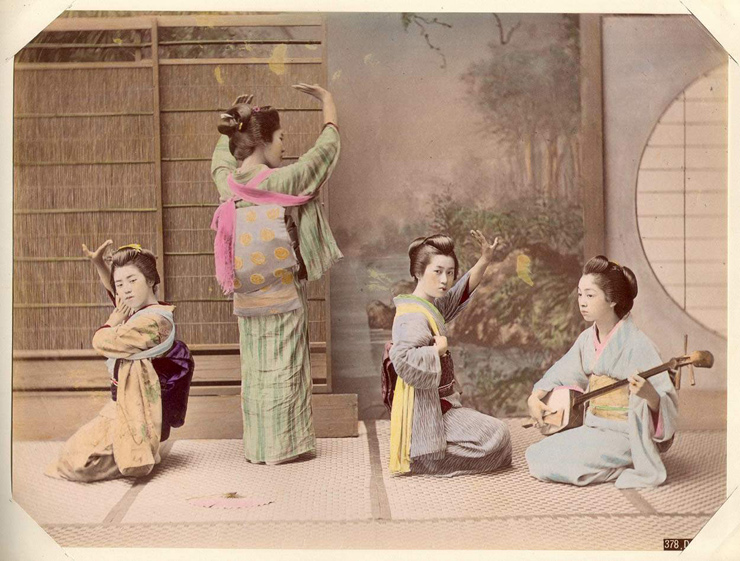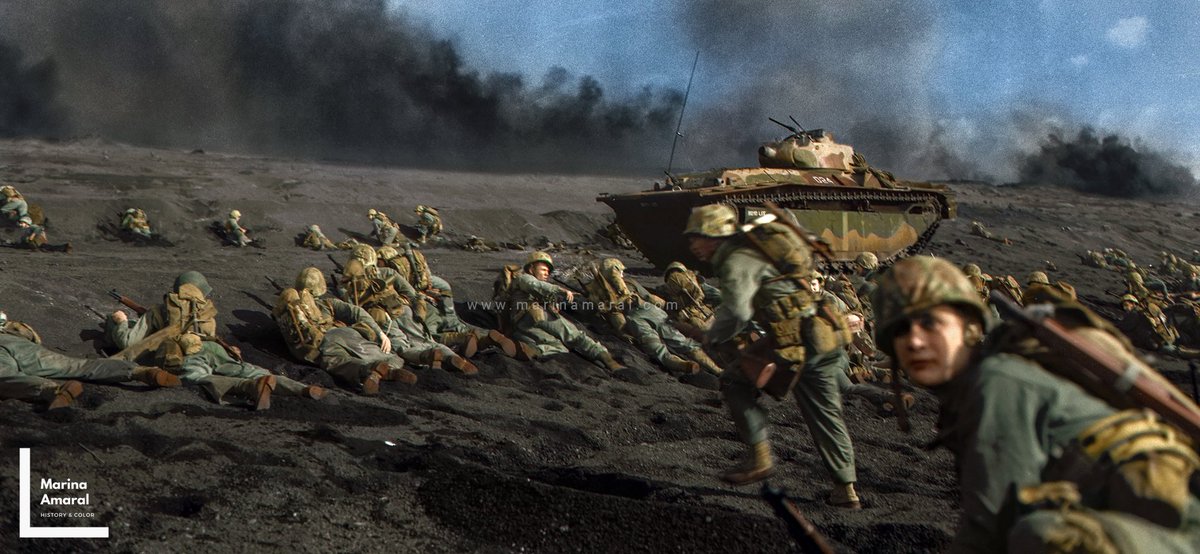
Pliny the Younger was invited to a dinner party in Rome in 97-8 AD. He then wrote a letter to tell his friend Avitus all about it:
"It would be a long story, and of no great importance, to tell you by what accident I found myself dining the other day with an individual... /1
"It would be a long story, and of no great importance, to tell you by what accident I found myself dining the other day with an individual... /1

... with whom I am by no means intimate, and who, in his own opinion, does things in good style and economically as well, but according to mine, with meanness and extravagance combined. /2
Some very elegant dishes were served up to himself and a few more of us, whilst those placed before the rest of the company consisted simply of cheap dishes and scraps.
There were, in small bottles, three different kinds of wine... /3
There were, in small bottles, three different kinds of wine... /3
... not that the guests might take their choice, but that they might not have any option in their power; one kind being for himself, and for us; another sort for his lesser friends (for it seems he has degrees of friends), and the third for his own freedmen and ours. /4
My neighbor, reclining next me, observing this, asked me if I approved the arrangement.
Not at all, I told him.
"Pray then," he asked, "what is your method upon such occasions?"
/5
Not at all, I told him.
"Pray then," he asked, "what is your method upon such occasions?"
/5
"Mine," I returned, "is to give all my visitors the same reception; for when I give an invitation, it is to entertain, not distinguish, my company; I place every man upon my own level whom I admit to my table." /6
"Not excepting even your freedmen?"
"Not excepting even my freedmen, whom I consider on these occasions my guests, as much as any of the rest."
He replied, "This must cost you a great deal."
"Not in the least."
"How can that be?"
/7
"Not excepting even my freedmen, whom I consider on these occasions my guests, as much as any of the rest."
He replied, "This must cost you a great deal."
"Not in the least."
"How can that be?"
/7
"Simply because, although my freedmen don't drink the same wine as myself, yet I drink the same as they do."
And, no doubt about it, if a man is wise enough to moderate his appetite, he will not find it such a very expensive thing to share with... /8
And, no doubt about it, if a man is wise enough to moderate his appetite, he will not find it such a very expensive thing to share with... /8
... all his visitors what he takes himself.
Restrain it, keep it in, if you wish to be a true economist. You will find temperance a far better way of saving than treating other people rudely can be.
Why do I say all this?
/9
Restrain it, keep it in, if you wish to be a true economist. You will find temperance a far better way of saving than treating other people rudely can be.
Why do I say all this?
/9
Why, for fear a young man of your high character and promise should be imposed upon by this immoderate luxury which prevails at some tables, under the specious notion of frugality. /10
Whenever any folly of this sort falls under my eye, I shall, just because I care for you, point it out to you as an example you ought to shun.
Remember, then, nothing is more to be avoided than this modern alliance of luxury with meanness; /11
Remember, then, nothing is more to be avoided than this modern alliance of luxury with meanness; /11
odious enough when existing separate and distinct, but still more hateful where you meet with them together.
Farewell."
Farewell."

• • •
Missing some Tweet in this thread? You can try to
force a refresh


